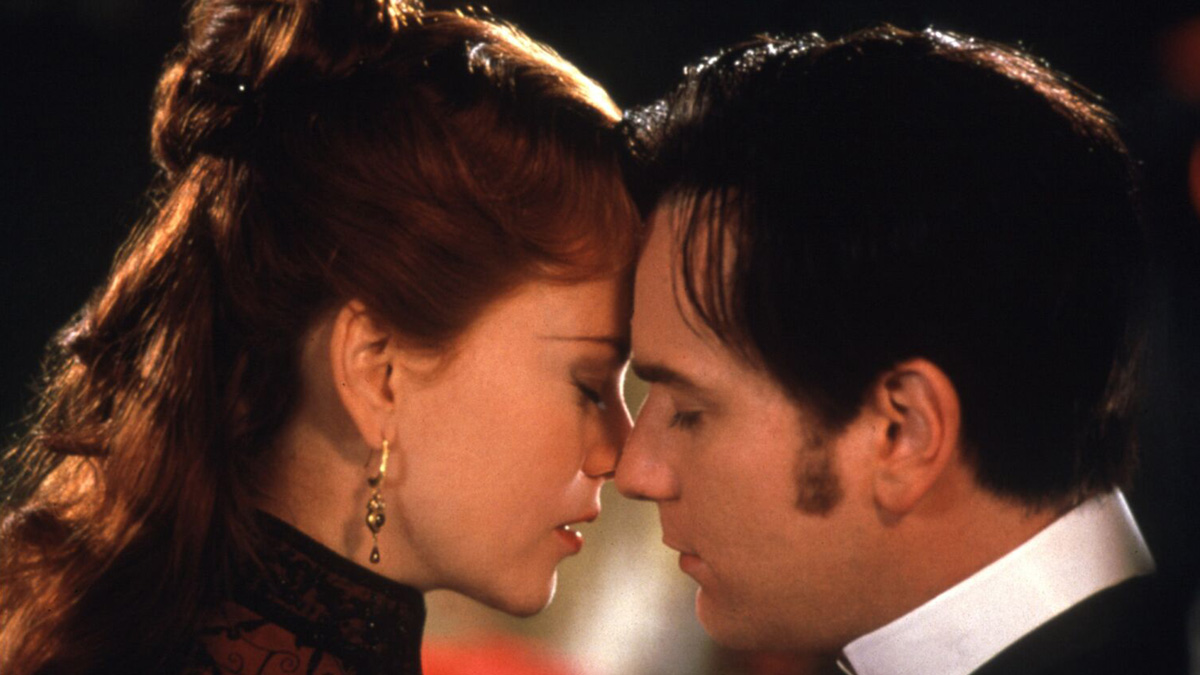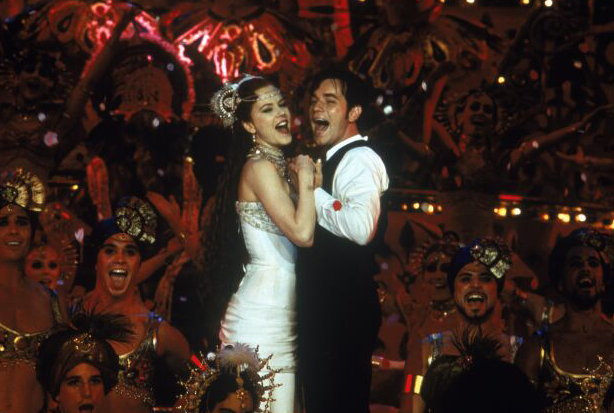
(C)2013 Twentieth Century Fox Home Entertainment LLC. All Rights Reserved.
The words of his father who supported Baz Luhrmann, the master of Moulin Rouge!, and the inspiration he received from Indian films
2020.02.04
What influence have you had from Indian movies?
The idea for this film has been carefully developed over a long period of time. Originally, the director had a strong desire to make a musical for his next film, and had his eye on the Greek mythology surrounding Orpheus (Orpheus) as a suitable subject. The story is about a bard with a natural talent who travels through the underworld to save the person he loves.
In the early 1990s, he visited Paris to research the opera ``La Bohème'' and was inspired by the historical landmark ``Moulin Rouge!'' (Red Windmill). Furthermore, the myth of Orpheus overlapped with La Traviata, La Bohème, and Emile Zola's Nana, and a unique story was formed based on these.
"Moulin Rouge!" preview
One more thing. What brought about a major turning point for Rahman was his encounter with Indian films. The year was 1993, and while producing the opera version of ``A Midsummer Night's Dream,'' he was experimenting with the idea of changing the story's traditional setting to the court of an Indian maharaja. Then, in the process of actually visiting India and doing full-scale research, he happened to watch a Bollywood movie that shocked him.
Despite the length of three and a half hours, this divine method manages to keep the audience's enthusiasm high. Tragedy and comedy are boldly mixed, and just when everyone was laughing just a moment ago, their hearts are torn apart by the incredible tragedy. Dance and musicals fill the void of intense emotions with overwhelming catharsis. Indeed, with this method, it is possible to create a ``tragic comedy'' with a wide range of emotions.

"Moulin Rouge!" (C)2013 Twentieth Century Fox Home Entertainment LLC. All Rights Reserved.
Is it possible to apply this Indian film methodology to "Western stories"? This must have been some kind of gamble, but in the end, Luhrmann was able to fuse the two cultures and splendidly create a story about the tension of a fastball. On the contrary, the influence of Indian films is evident even in the climactic ``play within a play'' in which the characters take on challenges. Without this culture, this work would not have been possible.

